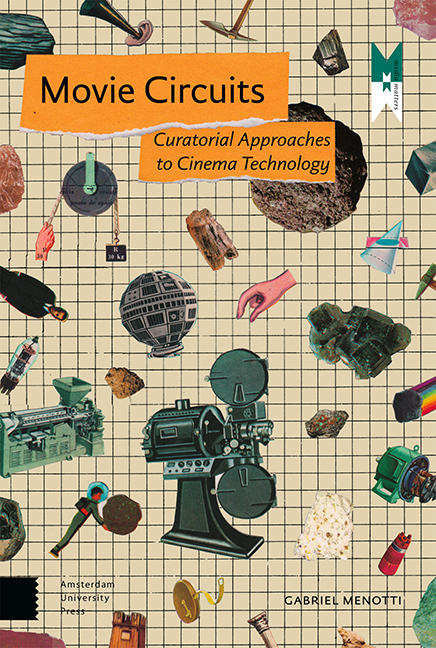4 - Performing Medium Specificities
Published online by Cambridge University Press: 21 November 2020
Summary
Abstract
This chapter follows the history of the Brazilian film society Cine Falcatrua from its early stages as a pirate cinema (2003-2005). Cine Falcatrua's experience shows how features deemed distinctive of the medium might be effected by alternative technological arrangements, employing personal computers and peer-to-peer networks. By following their actions, one can see how the property of cinema might be disputed, as anomalous media practices struggle with structures already established in the circuit. The case underscores the role of paratexts and ancillary practices (such as subtitling and promotion) in promoting the proper experience of cinema. Moreover, it demonstrates how the displacement within the medium might provide the knowing subject with a clearer perspective of its becoming.
Keywords: Film piracy, pirate modernity, scientific anomalies, medium specificities
To watch a movie had never been so laborious. The projection should have started more than two hours ago. It is the third or fourth time that the audience has to find new places to sit. Everyone is growing weary, a little hopeless. It is now unlikely that the screening will be over before the night buses stop circulating. But still, people endure. Sunken costs fallacy. One by one, they do their best to get comfortable in a large patch of grass, rubbing shoulders as they get closer to the ground. There is barely enough space to accommodate that many bodies. Some hesitate, suspicious that this will not be the last time that they will have to move around. The screen does not seem to be in a definitive position yet. It is made of some sort of white-painted hardboard that is difficult to hold still without proper support. Tonight, it has already been displaced three or four times, leading the procession of spectators from one site to another.
The first movement was a departure from the auditorium, a few minutes before the hour scheduled for the screening. As soon as people realized that there would not be enough space for everyone that came to watch the movie, a group volunteered to take the screen to the yard. Ever since, they have been walking across the university greens, while trying to find an appropriate location. The audience tagged along. The place had to be large enough for all of them – a record attendance, somewhere around 600.
- Type
- Chapter
- Information
- Movie CircuitsCuratorial Approaches to Cinema Technology, pp. 109 - 132Publisher: Amsterdam University PressPrint publication year: 2019



